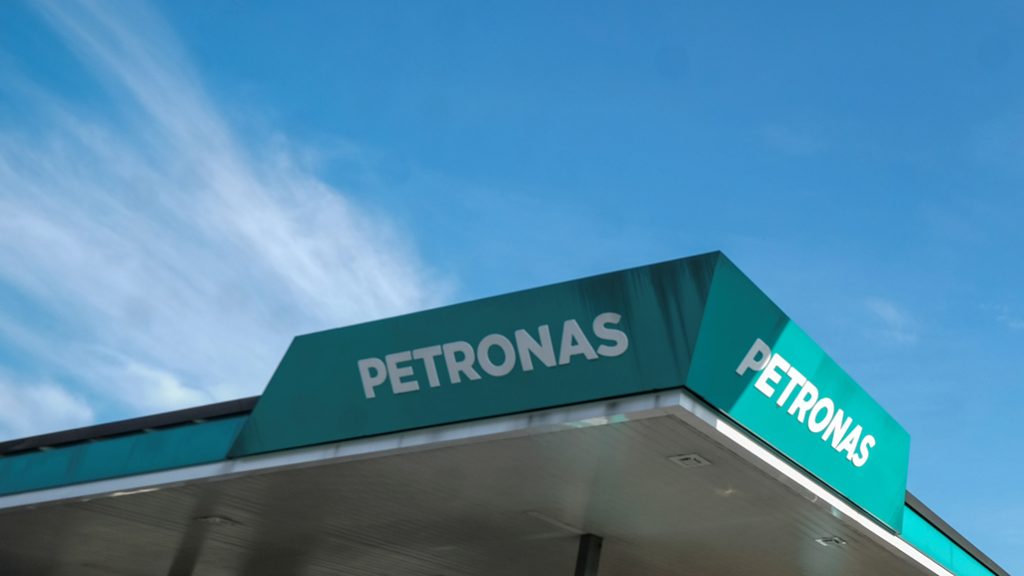
IN a rare show of bipartisan unity, opposition MPs and politicians, including from Sarawak, have rallied behind the government, defending the importance of Petronas to the nation while acknowledging Sarawak’s own needs.
Sarawak’s ambitions can be accommodated, they said, but not at the cost of crippling Petronas, the nation’s golden goose.
Perikatan Nasional chairman and former prime minister Tan Sri Muhyiddin Yassin, who brokered a commercial settlement with Sarawak in 2020, cautioned against tearing down the national icon that has developed the country’s energy sector over more than five decades.
“You cannot go as far as to kill the goose that lays the golden eggs, because if Petronas makes losses, so does Sarawak,” he said.
Opposition leader and Larut MP Datuk Seri Hamzah Zainudin echoed the same sentiment.
“A fair deal is to look (for) the real formula. The goose that produces the golden eggs should be kept for the future of the people of this country,” he said.
Machang MP Wan Ahmad Fayhsal Wan Ahmad Kamal warned against weakening one of the country’s few world-class institutions.
“Why kill the best player in the team,” he asked, adding that Malaysia will struggle to fill the void.
Putrajaya MP Datuk Dr Radzi Jidin warned that unless the dispute between Petronas and Sarawak’s state-owned oil company Petros was resolved soon, Malaysia risks watching the national oil company’s “golden era fade into the past”.
PAS Youth chief Ahmad Fadhli Shaari cautioned that ceding Petronas’s rights could weaken the company and reduce its contribution to the treasury by 30%-40%. He called on the government to make a full disclosure to the public of the potential financial implications of the loss of Petronas’s rights.
Former prime minister Tun Dr Mahathir Mohamad also weighed in, saying there were other ways to resolve Sarawak’s concerns without jeopardising the national oil company.
“There may be other solutions that also favour Sarawak. But to destroy Petronas, I think it is a bad move, because this is one company that Malaysians are proud of. It is a great company,” he said.
He added that Petronas plays a central role in the pooling and redistribution of national wealth.
Tan Sri Tengku Razaleigh Hamzah, the man credited with setting up the national oil giant in 1974, said while Sarawak’s grievances should be addressed, it cannot come at the expense of national interest.
“If Sarawak feels that they have been shortchanged, why not bring up the issues to the prime minister? I am sure they can put it right. But for heaven’s sake, do not kill the goose that lays the golden eggs.”
Disagreement
While many initially sympathised with Sarawak’s push for greater autonomy, public reaction shifted significantly after the state issued a legal notice to Petronas Carigali, accusing it of operating illegally.
The move sparked widespread concern in mainstream commentary and across social media, with unease growing about its broader implications for Malaysia’s economy.
At the centre of the dispute is Sarawak’s move to assert control over gas distribution by installing Petros as the state’s sole aggregator – effectively allowing it to set prices.
This was a role previously held by Petronas, enabling the company to streamline the entire supply chain—from offshore production to downstream sales—and generate annual earnings of RM10 billion to RM20 billion.
Sarawak now stands to earn that revenue at Petronas’s expense – a significant blow, given Petronas contributes between RM30 billion to RM50 billion annually to the treasury, almost 20% of national revenue.
The loss of pricing power also means the once seamless integration of upstream and downstream operations has become disjointed.
That means the country’s golden goose is now under threat on two fronts – financially and operationally.
What’s at stake?
University of Nottingham Malaysia associate professor Tricia Yeoh said the dispute could not come at a worse time.
“Petronas has always contributed tremendously to Malaysia’s development. Anything that threatens its performance affects the interests of all Malaysians,” she said.
Analysts have previously also warned of a potential domino effect.
If the matter is not resolved properly, other oil producing states like Kelantan, Terengganu, and Sabah might follow suit. That would cripple Petronas’s ability to reinvest, fund capex, or even maintain dividend payouts, they said.
With over 400,000 jobs tied to the industry, the ripple effects could be enormous.
Sarawak wants to cooperate, says premier
Sarawak, however, says it wants to collaborate.
Premier Tan Sri Abang Johari Openg insists that the state does not intend to displace Petronas.
“In the gas industry, we cooperate with Petronas. After all, we need Petronas, too,” he said.
His remarks were echoed by Deputy Prime Minister Fadillah Yusof, a Sarawakian, who said both governments are working towards a commercial arrangement.
“Acknowledging that Petronas was already formed, and managing all the oil and gas sector in Sarawak, we have agreed (to discuss) a commercial arrangement,” he said.
Julaihi Narawi, the state’s utilities minister, also stressed the need for a strong partner to deliver the state’s Gas Roadmap.
“Petronas is the most suitable for the role,” he said.
Prime Minister Datuk Seri Anwar Ibrahim had previously assured Parliament that any agreement would stay within the framework of the Petroleum Development Act 1974 (PDA).
“Both the federal and Sarawak state governments have affirmed the Petroleum Development Act 1974, a federal law,” he said.
Legal uncertainties
Nonetheless, legal uncertainties remain.
Sarawak claims it deserves a bigger share of the revenue generated by Petronas, arguing that oil and gas found within 200 nautical miles of its coast lie within its territorial boundaries.
It says the state’s boundaries were extended by a colonial-era order issued by Queen Elizabeth II in 1954.
It also relies on state enactments such as the Oil Mining Ordinance 1958 and the Distribution of Gas Ordinance 2016 and has established Petros, the state’s very own oil company, to assert control over O&G resources within its borders.
However, experts have questioned the legitimacy of these claims.
They argue that the PDA grants Petronas exclusive ownership of all onshore and offshore petroleum resources, overriding state laws, and that by virtue of Article 75 of the Federal Constitution, any state law that is inconsistent with federal law shall, to the extent of the inconsistency, be void.
The result to date has been confusion.
“There is now a policy and regulatory fog. International oil companies do not know who is in charge anymore,” said Yeoh.
That ambiguity has already seen Shell seek a court injunction to avoid conflicting directives, and may explain the withdrawal of ConocoPhillips from a RM13.7 billion deepwater project.
Petronas, Petros need to collaborate
Yeoh acknowledged Sarawak’s ambitions but warned against undermining Petronas.
“It is not in Petros’ interest to harm Petronas so much as to cause the downfall of Petronas. They need the technical expertise of Petronas. It (Petros) is only a seven-year-old company,” she said.
Former Sarawak PKR leader Iswardy Morni agreed.
“I worry… that some actions may end up killing our own golden goose,” he said, citing past failures where local institutions lacked scale, experience, or networks.
“Their client base was small, their networks limited, and they lacked deep experience,” he explained.
Meanwhile, Sarawak PN chairman Jaziri Alkaf said they do not want to be champions only in their own backyard.
“We need to be realistic in doing business — we must first get the golden goose to lay a few more golden eggs so that everyone benefits and gains support,” he said.
Dispute compromises national sovereignty
Former foreign minister Datuk Seri Saifuddin Abdullah has raised concerns over threats to Malaysia’s energy sovereignty, warning that Petros may be forced to depend on foreign firms if it sidelines Petronas.
“What if they (Petros) have to bring in foreign parties? That is where it gets tricky,” he said.
Yeoh called for urgent structure and clarity.
“Do not do it piecemeal. Form a working committee for six to 12 months,” she said, suggesting the formation of a federal-state task force to work out the details.
Ultimately, this is no longer just about Sarawak. It is a national conversation about trust, equity and stability in the country’s most vital economic sector.
The golden goose must survive, but in today’s Malaysia, there is a growing demand for its eggs to be shared more equitably.
Source: FMT
RELATED ARTICLES
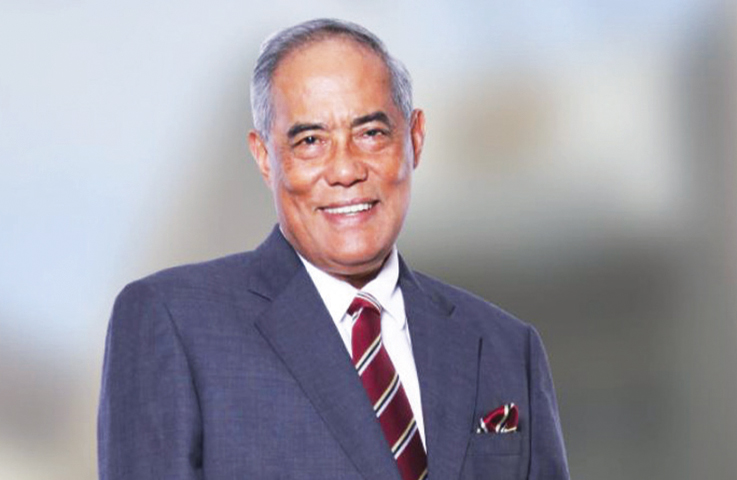
Changing of the guard continues at GLCs

Azalina: Petronas still in early exploration stage for Malaysia’s Langkasuka Basin
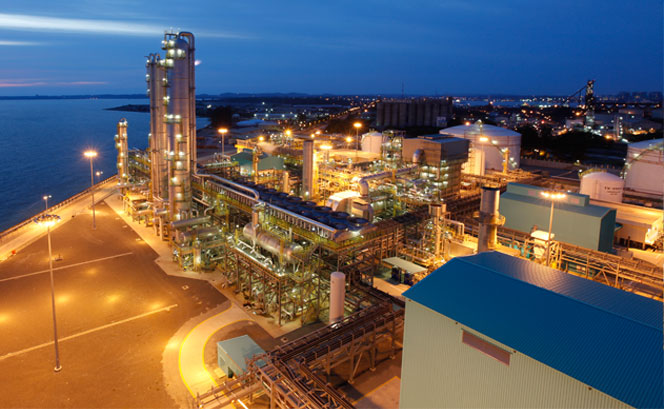
PetChem 2Q18 earnings increase on higher prices and volumes
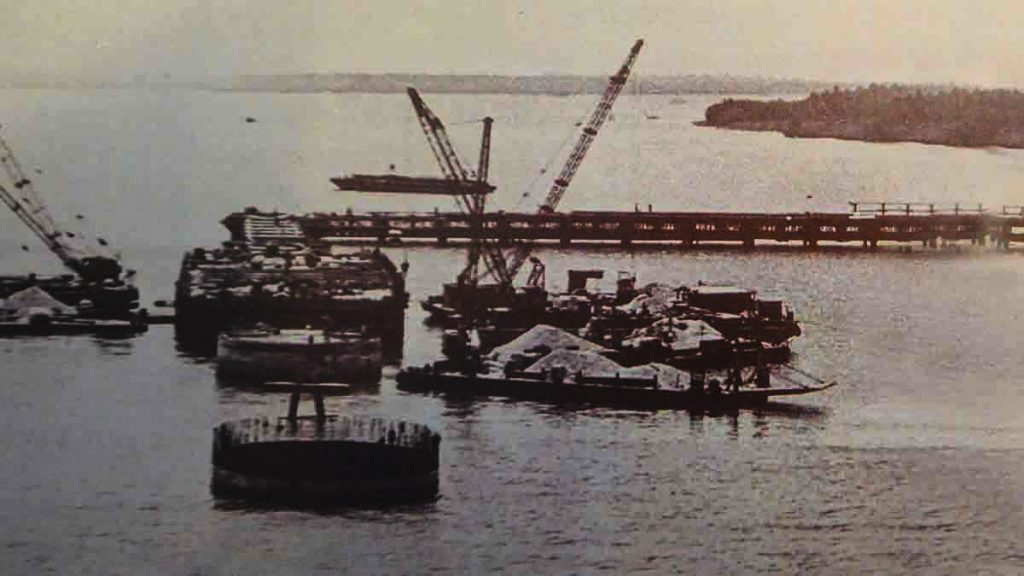
Johor Port, Petronas LNG sign marine services agreement
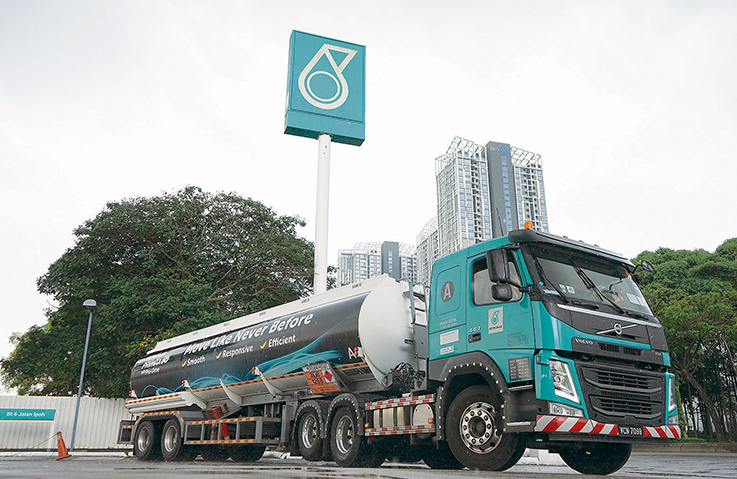
Petronas sees oil demand recovery to remain fragile

PM attends Petronas 45th celebratory concert
The post Opposition MPs back Petronas, acknowledge Sarawak’s needs appeared first on The Malaysian Reserve.
